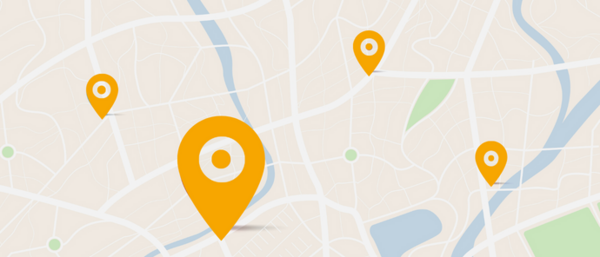Finance
Start-up capital
Financing is the most important – and often the most difficult – question facing new businesses. You have already calculated how much starting capital you will need when you compiled your business plan. Ideally, you will have also drawn up a realistic projection of costs. So you should know how much money you need to launch your business, and you should have allowed for financial reserves for unplanned expenditures. And you also have a Plan B – in other words, you have found the answers to these and other questions: Where can I save costs without endangering my plans? How can I start my business cost-effectively? Do I need to hire my own premises from the start? Will I be the salesperson? You will also have planned how you wish to finance your plans, but where are you going to find the extra starting capital that you need?
Equity refers to using your own money and/or that of your business partners. By investing equity, you signal that you are convinced of your company's success and are in a position to more easily persuade external financers to lend you money. So get an overview of your savings and investments, such as real estate, and calculate how much of it you want to invest in your start-up. You can also borrow money from friends and family or have other shareholders participate in your company to increase your equity.
Debt capital, in contrast to equity, is a form of financing in which capital is only made available for a certain period of time. The lenders usually receive interest for providing the capital and demand repayment after an agreed period. Credit or a loan from the bank or subsidies from the state, the federal states or the city are examples of outside capital. But the money that you borrow from a friend or relative also falls under this term.
Options for financing your self-employment
There are several ways of getting financial support if you don't have enough equity to start your own business. But think carefully about who you approach and how much money you need. Always remember that you might not be able to implement your plans and first steps due to unforeseen events - e.g. due to a pandemic - and you can then quickly run into repayment difficulties.
If you wish to apply for a bank loan, you need to prepare for your meeting with the bank in great detail. Get advice on how you should structure your presentation. Work carefully through your detailed business plan. First impressions are decisive. Try to approach several banks and compare the loans that they offer.
Carefully consider whether you can or want to accept the conditions and the potentially long processing times. Incorporate realistic repayments of the loan in your business planning.
There are also funding opportunities that you may be able to take advantage of. These may include low-interest loans, grants, credit and microloans. Besides the German-wide funding options, there are also regional and local funding programmes offered by regional banks and local authorities. Special programmes, often for innovative or high-tech start-ups, are also available for specific industries and phases of the business.
But not all of these programmes are relevant to all businesses. And applying for funding and finance is not always the right strategic decision. Consult a support centre to find out which funding programmes exist and whether they are relevant for you.
If you have a permanent residence permit in Germany and receive unemployment benefit I from the employment agency or unemployment benefit II from the job centre, you can get a start-up subsidy from the employment agency or a loan/subsidy and an entry fee from the job centre to start your self-employment. However, the employment agency and the job centre decide whether they like your business idea and will support you. Ask your agent at the agency or the job centre.
You can find more information in the topic booklet GruenderZeiten: Gründung aus der Arbeitslosigkeit.





